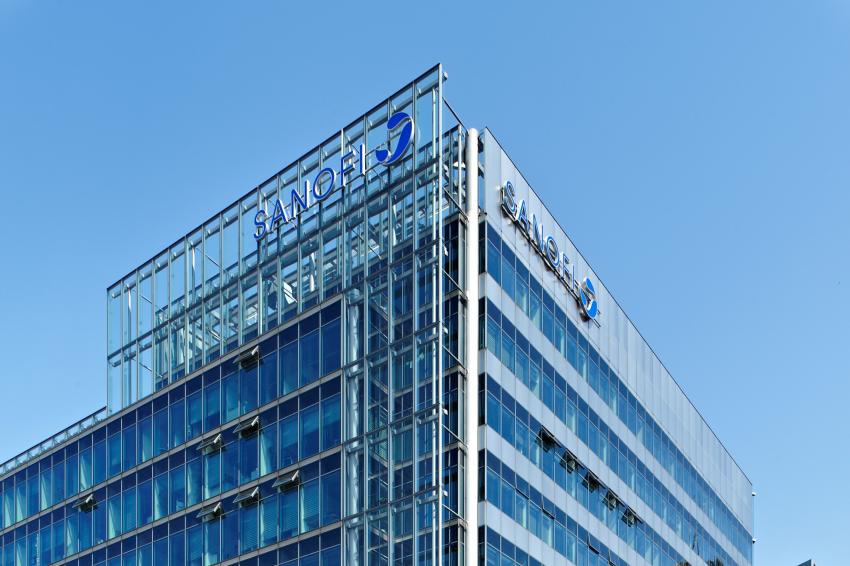Sanofi Strengthens Immunology with Kiadis Buy
Kiadis is developing “off-the-shelf” natural killer (NK) cell-based medicines for treating life-threatening diseases. The NK cells seek and identify malignant cancer cells and have broad application across various tumor types. Sanofi said Kiadis' proprietary platform has the potential to “make products rapidly and economically available for a broad patient population across a wide range of indications.
“We believe the Kiadis ‘off-the-shelf’ K-NK cell technology platform will have broad application against liquid and solid tumors, and create synergies with Sanofi’s emerging immuno-oncology pipeline, providing opportunities for us to pursue potential best-in-disease approaches,” said John Reed, Sanofi’s global head of research & development.
Under the agreement, Sanofi will make a public offer – subject to certain customary conditions – to buy the entire share capital of Kiadis for €5.45 per share. The Kiadis board of directors has unanimously recommended the offer, saying it is a “fair reflection” of its potential.
Kiadis CEO Arthur Lahr explained that following the discontinuation of its lead product candidate and subsequent reorganization in 2019, Kiadis was restarted in 2020 as an entirely new company focused solely on the NK-cell platform that it obtained from buying US-based Cytosen Therapeutics in April 2019. Its NK cell-based medicines will be developed alone and in combination with Sanofi’s existing platforms.
Sanofi had already taken a license in July for Kiadis’ pre-clinical K-NK004 program for potential combination for multiple melanoma. The deal will now give it access to the Dutch firm’s K-NK002 therapy, which is in a Phase 2 study for patients with acute myeloid leukemia (AML) and myelodysplastic syndromes, as well as K-NK003 and KNK-ID-101 for relapsed or refractory AML and SARS-CoV-2, respectively.
Expected to close in the first half of 2021, the acquisition follows this year’s takeovers of autoimmune diseases specialist Principia Biopharma in September for $3.7 billion and immuno-oncology group Synthorx in January for $2.5 billion.
Author: Elaine Burridge, Freelance Journalist





